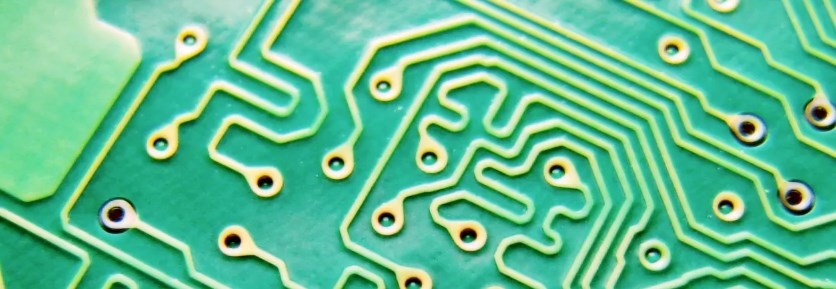
Nowadays, many young people don’t realise that not long ago we didn’t have access to all the new technology they use every day, like tablets, smartphones and IoT gadgets. Some people though remember when we only had computers, or when the internet became public. But few can remind themselves of the time we didn’t even have a computer at home. Today, let’s go back in history to when the very first silicon chip for digital computers was invented.
When And By Who Was The First Computer Invented?
Even before speaking of the invention of the first silicon chip, let’s go further back to the invention of the first computer. In the 1940s, there was an important technology revolution. At that time George Stibitz, who was one of the pioneer of modern digital computer technology, invented what was called “Model K”, the very first digital computer in history. Of course, it was not available to the public yet, as it was actually just a relay based calculator who worked only with simple binary additions.
This device was far away from what we know as computers today: it was of the size of a room and weighted approximately as much as a double-decker bus. This first computer technology was based on a vacuum tube system : it was covered in a million buzzing electronic switches. Of course, at the time, this kind of electronic machine used an incredible quantity of energy, even for the most simple calculation.
If we now jump a bit further in time, we would see how vacuum tubes were progressively replaced with transistors, which were a much smaller, reliable and longer lasting solution. This transition inspired engineers to push their research further toward a new technology which would be even more reliable, cost-effective and minuscule in size. But above all, they were looking into something that could handle even larger amounts of data.
… And Jack Kilby Invented The Silicon Chip
A little after the discovery of the transistor technology, in 1958, an American engineer specialised in ceramic-based circuit boards and transistorized hearing aids named Jack Kilby got hired by the now famous Texas Instrument company with the project of developing a miniaturized electronic component. His research was known as ‘the tyranny of numbers’ in circuit design, that’s to say the more components a circuit had, the more difficult it was to fuse them together with the help of traditional wiring methods.
To solve the problem, Kilby had the ingenious idea to develop an unpolished device with the help of a piece of semiconductor material made of germanium. While testing the device with an oscillator, Kilby observed a continuous sinewave, which meant that his idea was working. By gathering all circuit components into a single piece of semiconductor substrate, Kilby finally managed, on September the 12th of the same year, to finalise the very first integrated circuit, or, in other words the silicon chip we know today.
This revolutionary invention launched a new area of history that no one – not even Kilby – could have possibly imagined: the silicon chip was minuscule, consumed less energy and was far more reliable. But above all, it was much more cost-effective in terms of electronic functions. In 1959, Kilby applied for a ‘solid circuit made of germanium’ patent and in 2000, he was awarded the Nobel Prize in Physics for his contribution to this invention that revolutionised the computer world.
How Did Digital Change Life?
If we now take a step back on the history of silicon chips, it is still hard to believe how such a tiny piece of electronics, that was discovered only half a century ago, could possibly revolve the course of history such an important way. Without it, young people today wouldn’t have access to all the far-reaching technology they use every day. If you ask yourself one second how many chip-based devices are part of your everyday life, you wouldn’t have enough fingers and toes to count them.
The digital revolution we know today, with the IoT, the cloud, robotic innovations and so on, would not have been without the invention of silicon chips. It has changed every side of our lives and of the world we live now in. Without it, there would be no space exploration by NASA, no hearing aid technology for deaf people, no medical diagnostic machines for doctors, no smartphones, computers GPS,TVs, radios… And the list has no end as most of the new technologies still developped today are based on silicon chips.